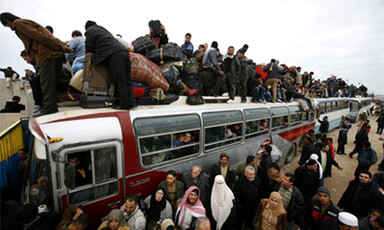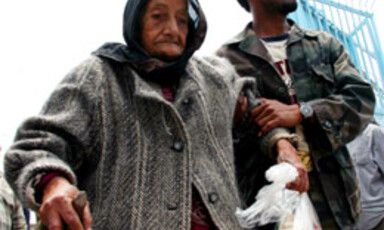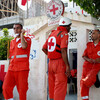
Humanitarian work resumes in Gaza as factional fighting ends
23 May 2007
JERUSALEM, 23 May 2007 (IRIN) - As Israeli operations against suspected Palestinian militants in the Gaza Strip increase and internal violence wanes, some humanitarian organisations are resuming work in the troubled enclave which remains closed off from the rest of the world. The Rafah Crossing, the only crossing to destinations outside Israel, has been closed for over a week. The other crossings lead to Israel, and most Palestinians from Gaza, barring exceptional humanitarian cases, are not able to obtain the requisite permits. Read more about Humanitarian work resumes in Gaza as factional fighting ends








